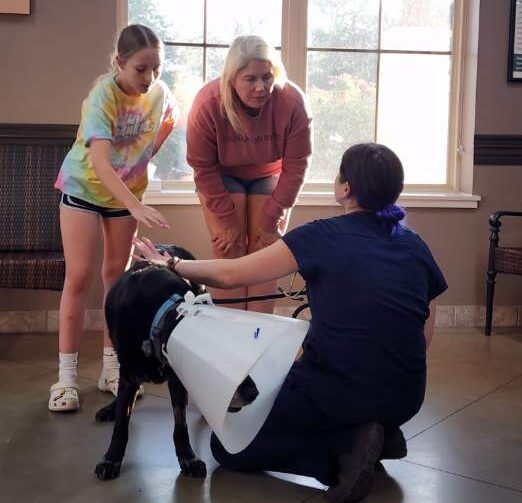Advanced Care
Our team of highly trained specialists at Central Texas Veterinary Specialty and Emergency Hospitals in South Austin and Round Rock stand as unwavering pillars of strength, compassion, and expertise, always present when patients and their families need them most.
Our team of specialists offers advanced care in:
These services are available by referral. If your primary veterinarian has recommended specialized care, please fill out our appointment request form or call us to schedule a consultation.

At CTVSH, we partner with local veterinarians to provide comprehensive and exceptional care for your pets. Our commitment is to deliver powerful medicine with exceptional care, ensuring your beloved companions receive the best possible treatment.
Get In Touch
For emergencies, specialty services, or general inquiries, don’t hesitate to reach out. Your pet’s health and well-being are our top priorities.


Emergency Care
Access emergency care information, get instant directions, and more with the CTVSH Emergency Pet App. Download it here.
Copyright © United Vet Care